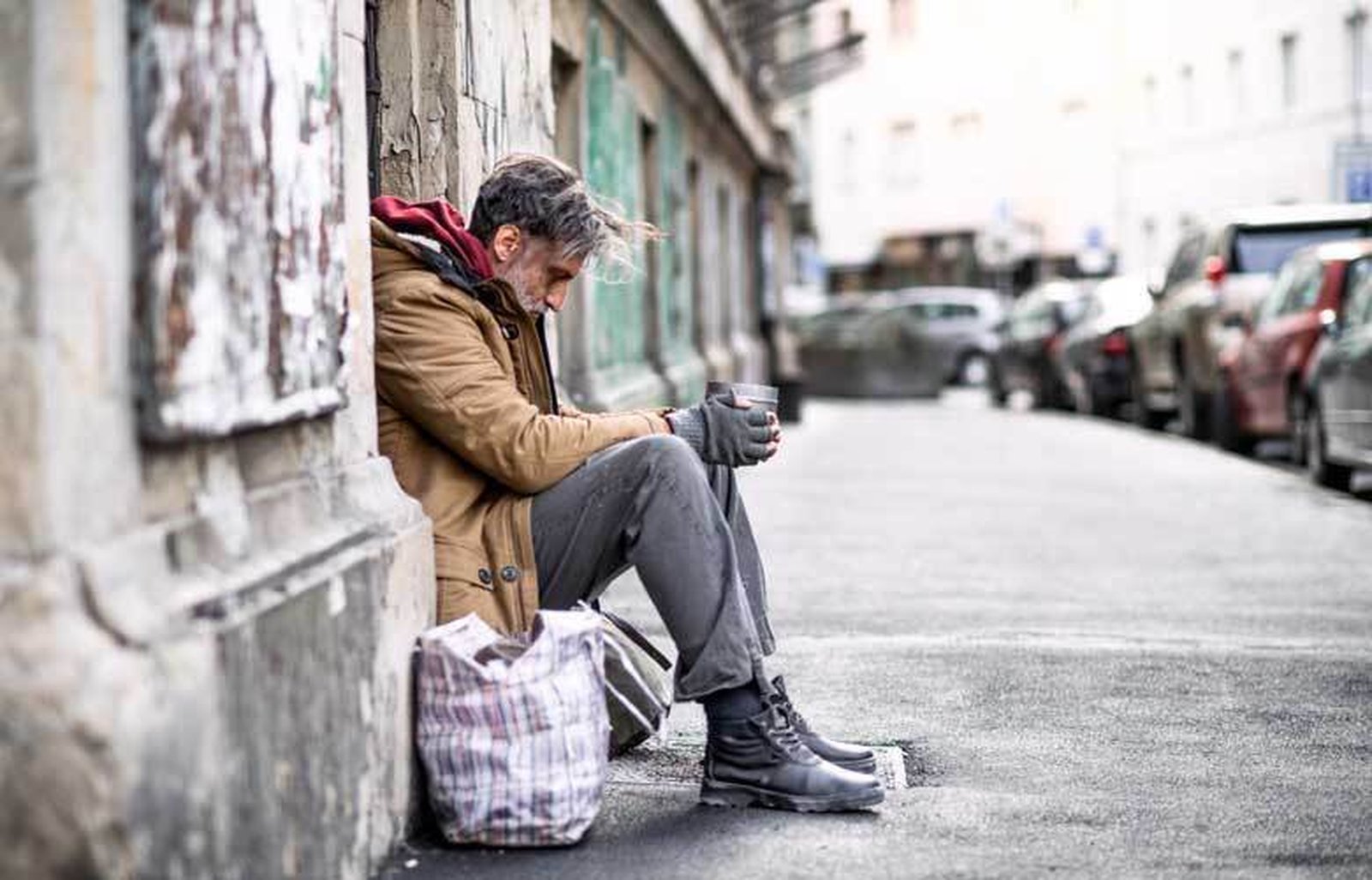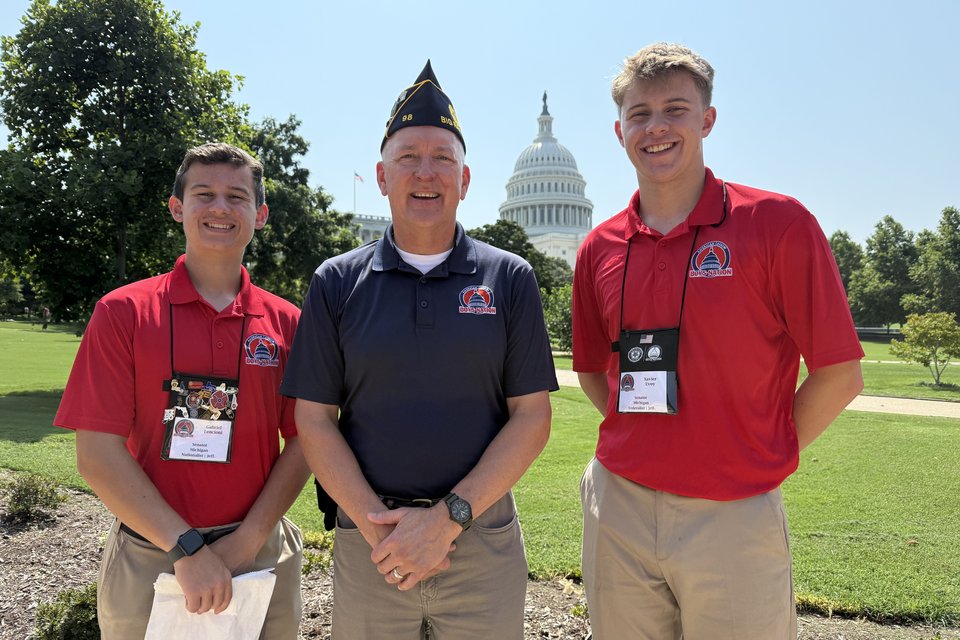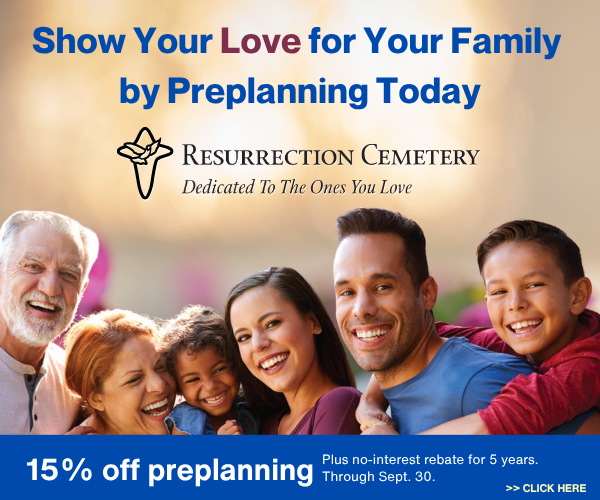The following voter guide was published by the Michigan Catholic Conference in the latest edition of its FOCUS newsletter.
Along with the portion of the ballot where you vote NO on Proposal 3, there will be many other voting decisions in this upcoming general election.
As Catholics, we are obligated to live out faithful citizenship. The bishops tell us that “responsible citizenship is a virtue, and participation in political life is a moral obligation.”
But what does faithful citizenship mean? The Church has said the lay faithful “are not only bound to penetrate the world with a Christian spirit but are also called to be witnesses to Christ in all things in the midst of human society.” That includes participating in political life, and for most people, that means exercising the right to vote.
With the November election approaching, we encourage all Catholics to be “guided more by our moral convictions than by our attachment to a political party or interest group” when discerning their choices to vote. The Church is nonpartisan and “our cause is the defense of human life and dignity and the protection of the weak and vulnerable.”
Further, living out faithful citizenship requires us to go beyond cable news networks and social media feeds. To truly cast an informed vote, we must make the intentional effort to become informed on Catholic social teaching with regard to policy issues and where candidates and ballot proposals stand on those policy issues.
The U.S. bishops have said it is “essential” that Catholics are “guided by a well-formed conscience that recognizes that all issues do not carry the same moral weight,” and in particular, “the moral obligation to oppose policies promoting intrinsically evil acts has a special claim on our consciences and our actions.”
The decision on whom to vote for “should take into account a candidate’s commitments, character, integrity, and ability to influence a given issue.” Ultimately, the decision is “to be made by each Catholic guided by a conscience formed by Catholic moral teaching.”
Consider the following broad themes of Catholic moral teaching that serve as a framework for Catholics to form their consciences prior to voting. There are also questions that accompany these themes to help Catholics make decisions on candidates and ballot issues.
DIGNITY OF HUMAN LIFE
“Every human being has a right to life, the fundamental right that makes all other rights possible.”
- Does the candidate or the ballot issue promote policies that affirm the dignity of all human life?
- Does the candidate or the ballot issue stand opposed to policies that allow the deliberate taking of innocent human life?
- Is the candidate consistent in his or her support for all human life from conception to natural death?
- Is the candidate committed to policies to reduce violence of every kind, and in particular, gun violence in our schools and in our communities?
- Is the candidate committed to condemning racism and working to root it out of societal structures?
MARRIAGE & FAMILY
“The family—based on marriage between a man and a woman—is the first and fundamental unit of society and is a sanctuary for the creation and nurturing of children. It should be defended and strengthened, not redefined, undermined, or further distorted.”

- Does the candidate support policies that affirm the truth of marriage and policies that strengthen and encourage it?
- Does the candidate support policies that serve the needs of families, and in particular, children?
- Does the candidate support policies to encourage employers to compensate workers enough to adequately support their families?
- Does the candidate support policies to assist poor families to allow them to live in dignity and to create opportunities for economic security?
SERVING THE POOR & VULNERABLE
“When we meet a person truly in need, do we see the face of God?” —Pope Francis

- Does the candidate display a priority for keeping the poor and vulnerable in mind?
- Does the candidate support policies to reduce poverty and dependency?
- Does the candidate support expanding access to affordable housing?
- Does the candidate’s policy stances indicate that he or she considers affordable and accessible healthcare a fundamental human right?
- Does the candidate support working for comprehensive immigration reform that offers a path to citizenship, treats immigrant workers fairly, prevents the separation of families, maintains the integrity of our borders, respects the rule of law, and addresses the factors that compel people to leave their own countries?
RELIGIOUS LIBERTY
“In all contexts, its basic contours are the same: it is the ‘immun[ity] from coercion on the part of individuals or of social groups and of any human power, in such ways that no one is to be forced to act in a manner contrary to his own beliefs, whether privately or publicly, whether alone or in association with others, within due limits.’”

- Does the candidate oppose efforts to force people working for religious institutions to violate their consciences?
- Does the candidate support religious institutions’ right to serve according to their sincerely held beliefs?
- Does the candidate oppose efforts to require religious institutions to compromise their moral or religious convictions to participate in government programs?
EDUCATION
“Parents—the first and most important educators—have a fundamental right to choose the education best suited to the needs of their children.”
- Does the candidate support policies allowing parents to choose education for their children, including policies that encourage and support a variety of education options?
CRIMINAL JUSTICE
“An ethic of responsibility, rehabilitation, and restoration should be a foundation for the reform of our broken criminal justice system.”
- Does the candidate support policies aimed at justly reducing the prison population, helping people leaving prison to reintegrate into their communities, combating recidivism, promoting just sentencing reform, and strengthening relationships between the police and the communities they serve?
CARE FOR CREATION
Living our vocation to be protectors of God’s handiwork is essential to a life of virtue; it is not an optional or a secondary aspect of our Christian experience.”

- Does the candidate recognize protecting the land, water, and air we share as a duty of stewardship?
- Does the candidate support policies to protect Michigan’s natural resources?
The information in this guide relies primarily on "Forming Consciences for Faithful Citizenship," a document produced and occasionally updated by the U.S. Conference of Catholic Bishops (USCCB). The full document can be found at the USCCB website.
Copy Permalink
Faithful citizenship











